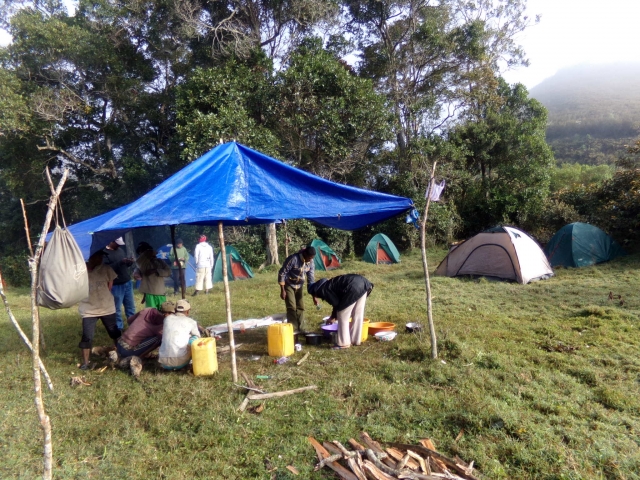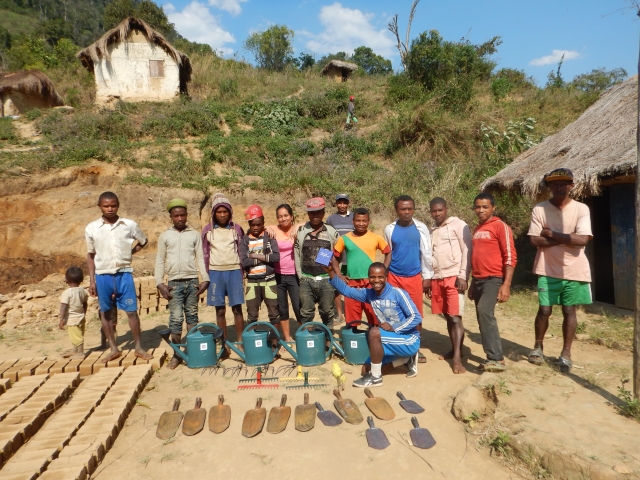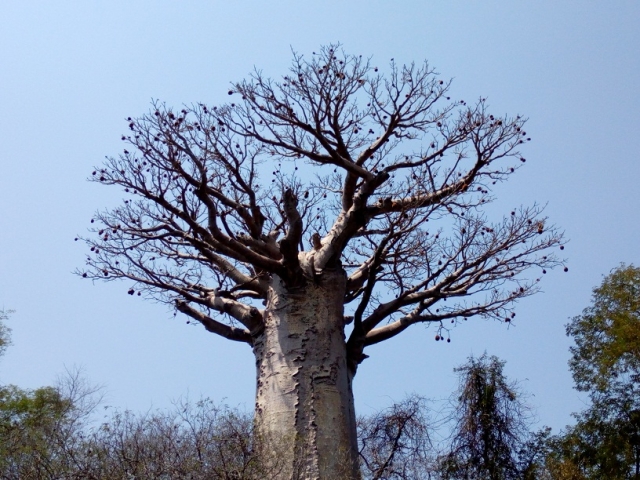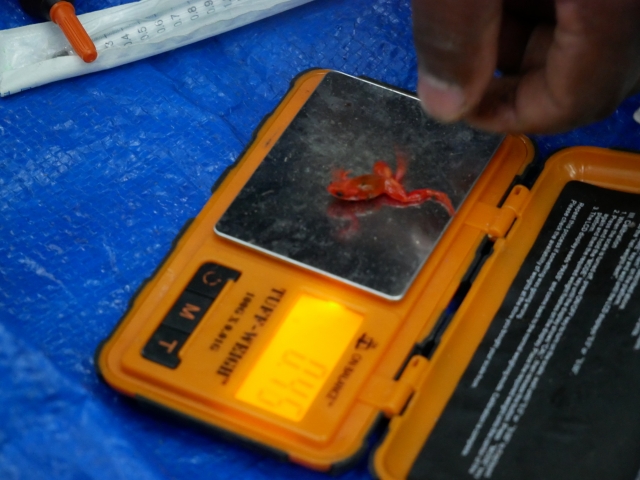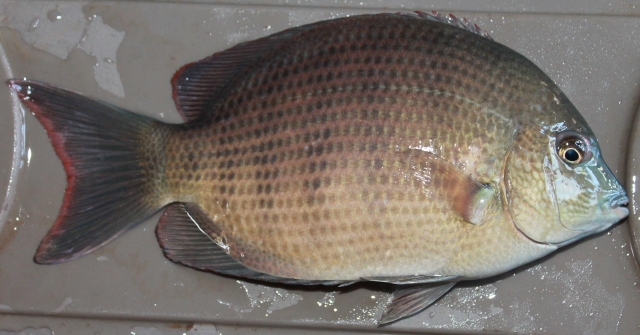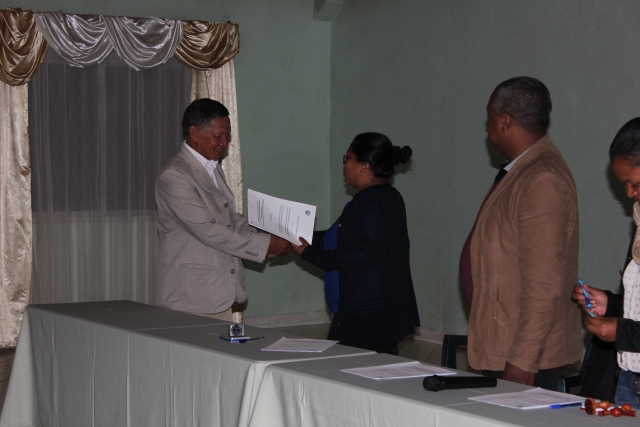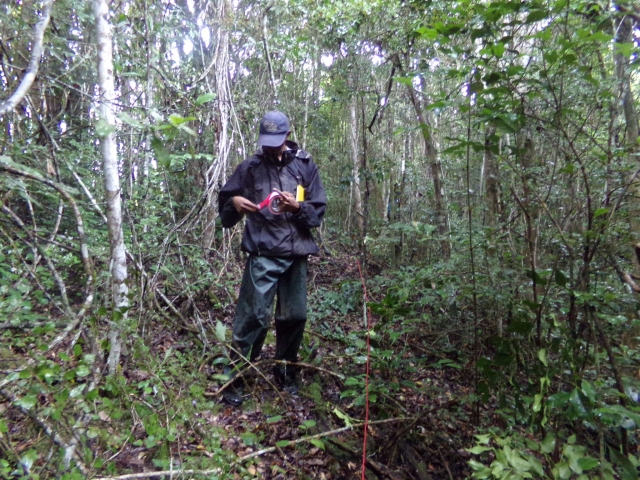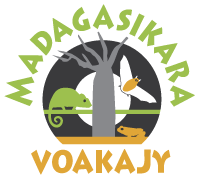Wildlife Ranger Challenge!!!
Identifying priority areas for species conservation
Often, the most threatened species are found at the most remote areas with least conservation and development initiatives. Based on our knowledge of the species and modeling analyses, we identify priority areas for species conservation and verify species presence in the wild.
Fostering local stewardships for biodiversity conservation and sustainable development
Local engagement is key to the success of conservation and development initiatives. We therefore use multiple approaches to ensure all members of the local communities are engaged in achieving our goals.
Fundraising matching campaign – CONSERVATION ALLIES
Each and every year we relies on generous donors like you to help us continue our essential work to save Madagascar’s endemic species and natural habitats from extinction.
We have partnered with Conservation Allies in a Year-End Fundraising Campaign. The campaign will end on 31st December 2023, Conservation Allies will match any donations raised for Madagasikara Voakajy. This means that your year-end gift will DOUBLE
will match any donations raised for Madagasikara Voakajy. This means that your year-end gift will DOUBLE .
.
Promoting sustainable use of target species/sites
We believe that most endemic species of Madagascar can be of important value for people, both in the country and worldwide, and should be harvested sustainably. We collaborate with relevant partners to determine, test and promote sustainable harvesting methods for the target species where relevant. We ensure benefits are sustained and shared equitably among all stakeholders.
Monitor impacts on people and biodiversity
We monitor and evaluate our achievements compared to our annual and strategic objectives. We recognize that impact can be difficult to measure and there are many factors that contribute to our success/failure that might not be under our control. Assessing these factors allows us to better plan our future interventions.
Improving understanding of target species and their interaction with people
For many species endemic to Madagascar, conservation and sustainable use opportunities are limited by insufficient information available. We carry our research to improve our understanding of the biology and ecology of our target species, and those in our target areas. We also investigate how species and their habitats are important to people and vice-versa.
Providing protection status to important areas
Protection status can be obtained through the formal creation of a protected area or through the transfer of the management rights of the natural resources to the communities. We assess the most appropriate model for each site identified, and work with relevant stakeholders to set it up. We also support partners to establish new protected areas.
Support national framework to achieve biodiversity conservation and sustainable development goals
Our works contribute to achieving the global and national goals for biodiversity conservation and sustainable development. We directly contribute to the implementation of the CITES convention in Madagascar by providing information to the scientific and management authorities. We contribute to assessing the conservation status of our target species and lead on the elaboration of species conservation strategies.
